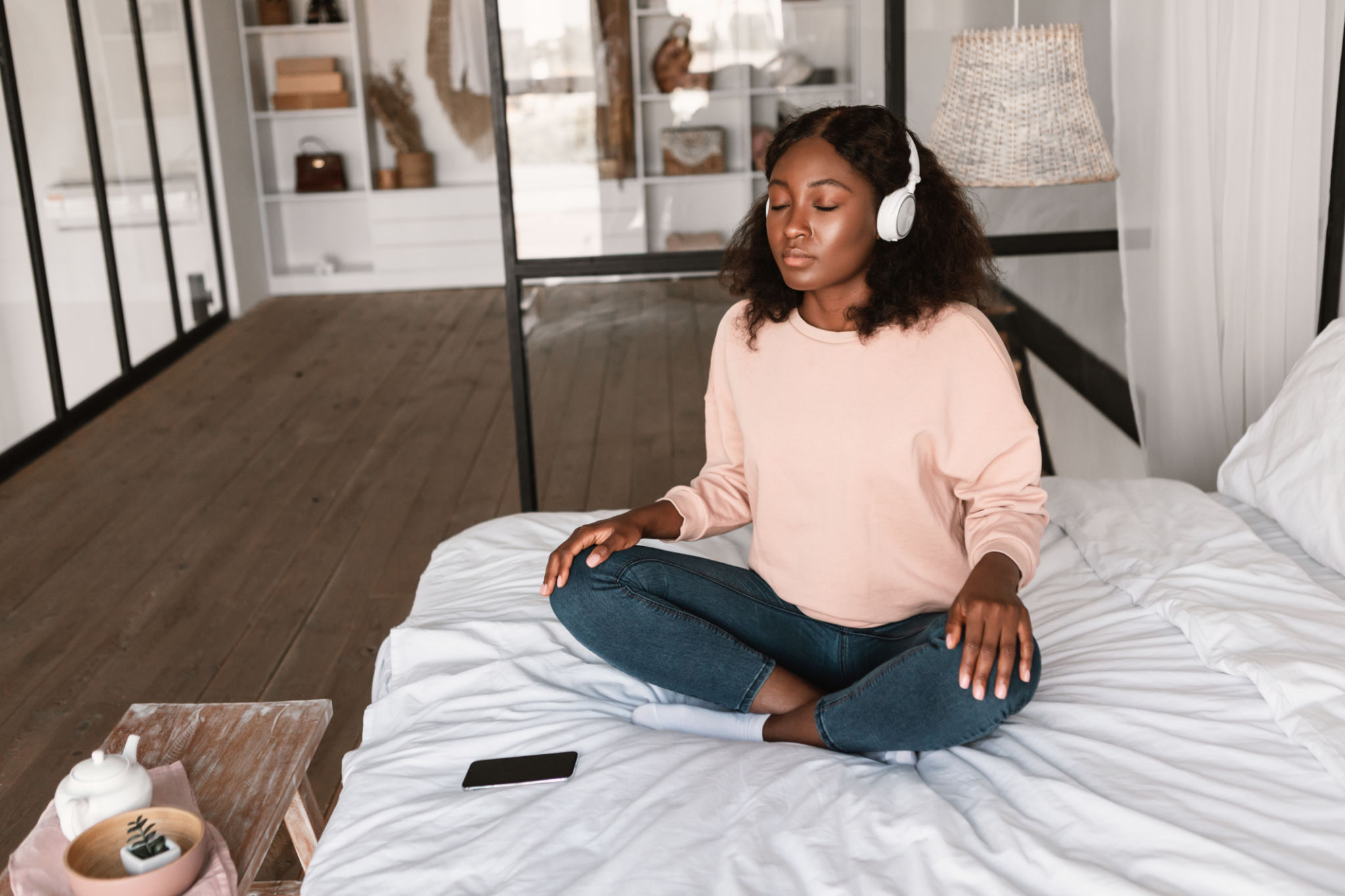How to Incorporate Meditation into Your Daily Routine
Why Meditation Matters
In today's fast-paced world, finding a moment of peace can seem impossible. Yet, incorporating meditation into your daily routine can provide numerous benefits, from reducing stress to improving focus and overall well-being. By dedicating just a few minutes each day, you can transform your mental landscape and improve your quality of life.
Meditation is not just a tool for relaxation; it's a practice that can help you develop a deeper understanding of yourself. This awareness can lead to more mindful living, where you are more present in each moment and better equipped to handle life's challenges.

Starting Small: Finding Time for Meditation
One of the most common barriers to starting a meditation practice is the perception that it requires a significant time commitment. However, even just five minutes a day can make a difference. Start by identifying a time in your daily routine where you can consistently dedicate a few minutes to meditation.
Consider integrating meditation into your morning routine or as part of your evening wind-down. By attaching this new habit to an existing one, like brushing your teeth or drinking your morning coffee, meditation becomes easier to remember and maintain.
Setting Up Your Space
Creating a calming environment is essential for an effective meditation practice. Choose a quiet spot in your home where you feel comfortable and can minimize distractions. You might want to add elements like a comfortable cushion, a soft blanket, or even some soothing music to enhance the experience.

Exploring Different Meditation Techniques
There are various meditation techniques to explore, each offering unique benefits. Some popular types include mindfulness meditation, guided visualization, and loving-kindness meditation. Experimenting with different styles allows you to find the one that resonates best with you.
Mindfulness meditation involves focusing on your breath and bringing awareness to the present moment without judgment. Guided visualization requires following along with an audio track that leads you through a series of calming images or scenarios. Loving-kindness meditation involves sending positive thoughts and compassion to yourself and others.
Utilizing Technology for Guided Sessions
If you're new to meditation, using apps like Headspace or Calm can be beneficial. These platforms offer guided sessions led by experienced instructors, making it easier for beginners to get started. Many apps also offer short sessions that fit easily into any schedule.

Overcoming Common Challenges
Meditation can sometimes feel challenging, especially when you're just starting out. You may find it difficult to quiet your mind or sit still for extended periods. Remember that it's normal for thoughts to arise during meditation. Rather than trying to suppress them, acknowledge their presence and gently return your focus to your breath.
Be patient with yourself as you build this new habit. It's important to approach meditation with an open mind and without self-judgment. Over time, you'll likely find it easier to enter a meditative state and experience its benefits more fully.
Making Meditation a Lifelong Habit
Consistency is key when it comes to establishing a meditation practice. To stay motivated, consider joining a local meditation group or finding an online community where you can share experiences and tips. Having support can help you stay committed and deepen your practice.
As you integrate meditation into your daily routine, you'll likely notice improvements in your mental clarity, emotional balance, and overall well-being. By making meditation a regular part of your life, you're investing in your long-term health and happiness.